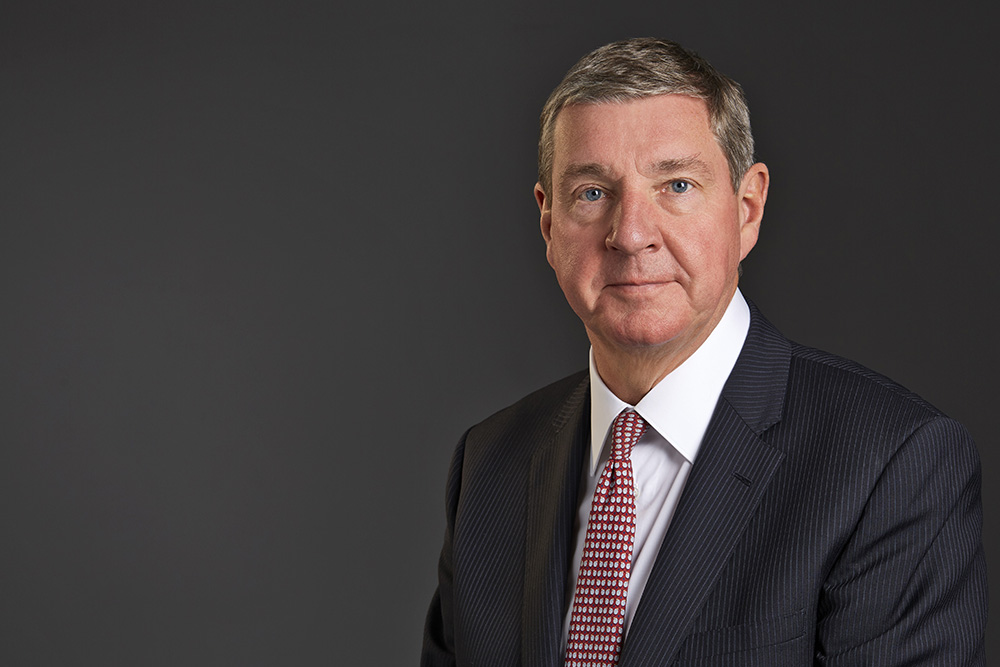DJ Alexander: Property taxes in Scotland up 50 per cent in two years

David Alexander
Collected property taxes in Scotland have risen almost 50 per cent in the past two years, according to recent analysis.
Property firm DJ Alexander Ltd reports that revenues from the Scottish government’s Land and Buildings Transaction Tax (LBTT) in June 2023 stood at £61.7 million from 8,780 property sales. This translates to an average cost of £7,027 per transaction.
Comparatively, in June 2021, the revenue collected was £52.1m from 11,120 transactions, with an average of £4,685 per property, denoting an increase of 49.9 per cent in revenue from property sales within 24 months.
Over the past year, between July 2022 and June 2023, the Scottish government amassed £650.3m from LBTT, marking a 10.5 per cent increase from the prior year. June witnessed a record-setting £21.8m in additional dwelling supplement (ADS), which applies to second homes and properties intended for the private rental sector.
David Alexander, CEO of DJ Alexander Scotland, said: “These figures highlight just how much the tax on buying a home in Scotland has risen in recent years. That the average amount paid is now almost 50 per cent more per home than just two years ago indicates just how high LBTT has become.”
Highlighting the discrepancy in rates between Scotland and England, Mr Alexander pointed out the higher starting threshold for first-time buyers in England. While Scottish first-time buyers face a charge beginning at £175,000, English buyers experience no charge on the first £250,000 of the purchase price.
He continued: “In England there is a 5 per cent property tax on properties between £250,000 and £925,000 whereas in Scotland it is 5 per cent between £250,000 and £325,001. For those spending more than £325,001 it is 10 per cent up to £750,00 and 12 per cent beyond that with this higher rate only applying to properties in England valued at more than £1.5m.
“For those buying a second home or investing in the private rented sector then there is an additional dwelling supplement (ADS) of 6 per cent on top of the LBTT which means that for a property valued at more than £750,000 which is not your principal home the charge will be 18 per cent of anything above three quarters of a million pounds.”
“While these numbers undoubtedly reflect the continued vibrancy of the Scottish property market it is quite a fragile financial proposition to rely on the generosity of a relatively small number of homebuyers to fund such large amounts of tax.
“For example, just 1,600 buyers contributed £32.7m in LBTT (without including some of those who must also have paid ADS) which represents 81.2 per cent of all non-ADS residential property tax raised in June.”
Mr Alexander concluded: “Being overly reliant on a very small number of people and depending on them to continue to buy in Scotland when the costs are now so much more than the rest of the UK is risky as a long-term strategy. We need to ensure that Scotland continues to have a strong and lively housing market and part of this must be fairer taxation on property.
“There is a very real risk that our much higher taxation results make it more difficult to attract wealth creators and high earners in the coming years who are essential in creating a dynamic, growing Scottish economy.”








